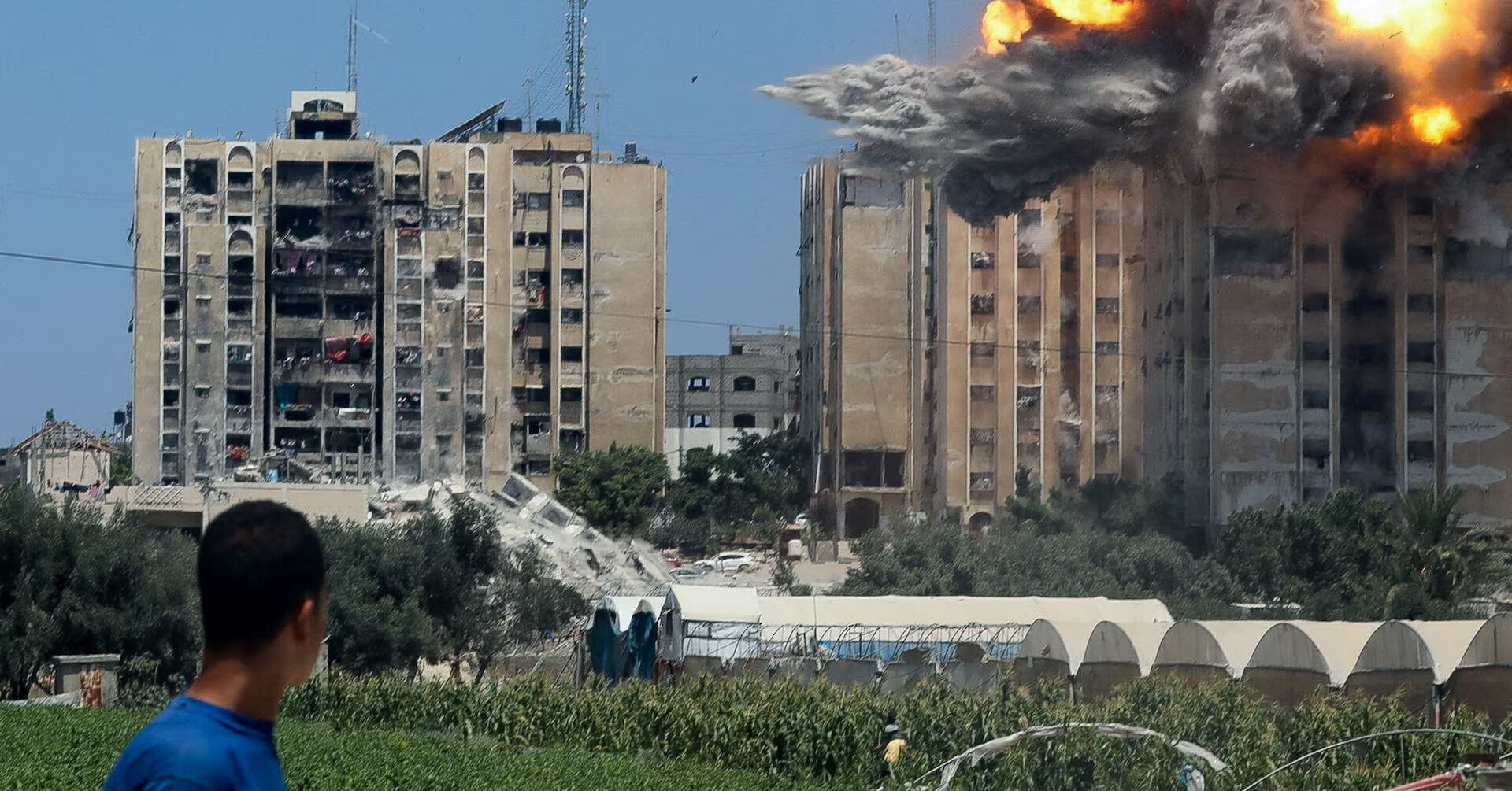
Military expert Dr Nidal Abu Zeid said the success of the Qassam Brigades in launching an M90 missile towards Tel Aviv after 324 days of war and coinciding with Hezbollah’s bombing of the Glilot intelligence base, confirms the Israeli occupation is now missing the two most prominent features of the Israeli combat doctrine: Deterrence and decisiveness.
Abu Zeid added to Jordan24 that the resistance in Gaza has begun to impose the form of the combat equation, raise and lower the intensity of the fighting as it wishes and impose time and place on the enemy.
He said this means its is succeeding in stripping the occupation of its initiative element.
The strategic expert explained the resistance is still focusing on what is termed as the geographical triangle extending from Tel al-Hawa to Khan Yunis and Yula to Tel al-Sultan in Rafah, and is confining the Israeli military operations to this area.
This, he says has greatly exhausted the occupation forces, especially in light of the combat methods followed by the Palestinian resistance groups.
In this situation, Abu Zeid pointed out this type of fighting means the Israeli army can do two things:
The first is to accept the decision at the political level to continue fighting and this will inevitably leads to the collapse of their offensive posture in Gaza as a result of their losses and the shattering of their military units organizational structure, including its 162nd Armored Division and the 98th Paratroopers Division, now fighting for 224 days nonstop. The second is for the Israeli army to stop fighting and withdraw from the Gaza Strip under the weight of losses.






